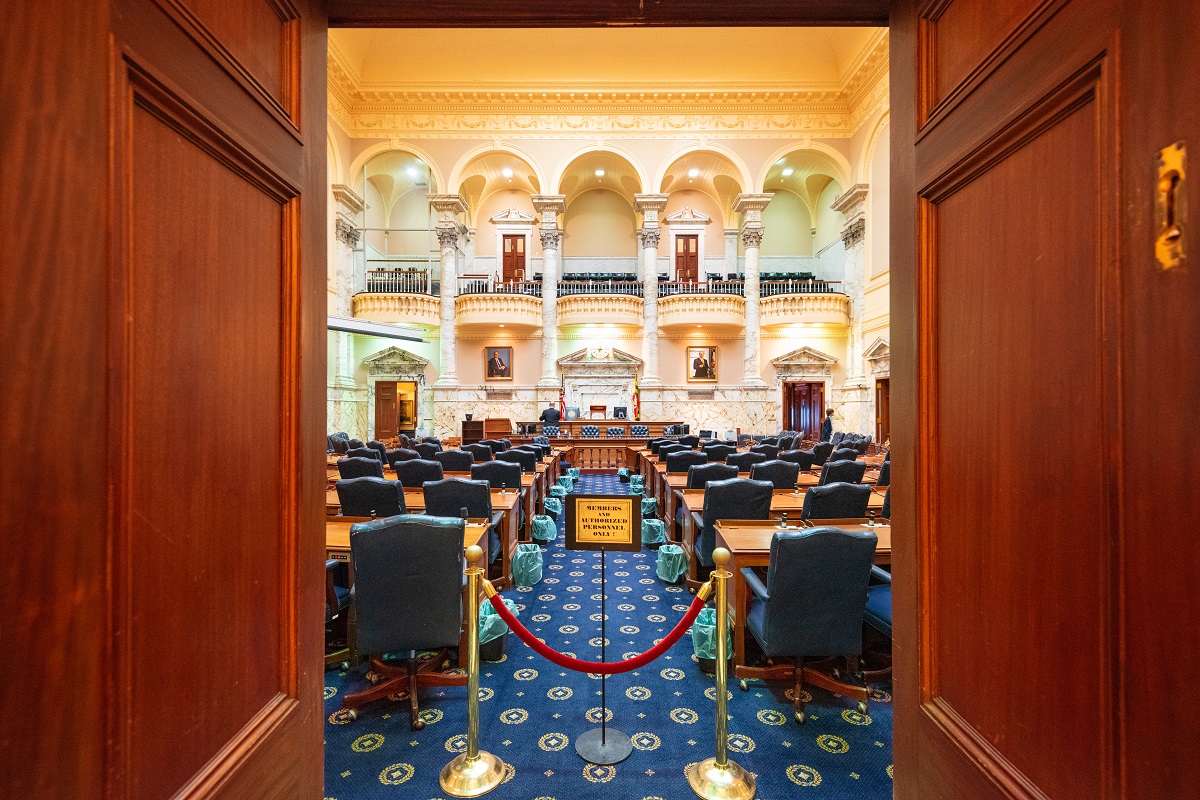Texas Gov. Greg Abbott on June 18 signed into law House Bill 4, the Texas Data Privacy and Security Act. This makes Texas the 10th state to enact a comprehensive consumer data privacy law, following California, Virginia, Colorado, Utah, Connecticut, Iowa, Indiana, Tennessee, and Montana.
Posts tagged as “data privacy”
Texas Gov. Greg Abbott on May 27 signed into law Senate Bill 768 which amends the state’s data breach notification statutes. The amendments go into effect Sept. 1, 2023.
Montana Gov. Greg Gianforte on May 19 signed into law Senate Bill 384, the Montana Consumer Data Privacy Act, making Montana the ninth state to enact a comprehensive consumer data privacy law, following California, Virginia, Colorado, Utah, Connecticut, Iowa, Indiana, and Tennessee. The law will take effect Oct. 1, 2024.
Tennessee Gov. Bill Lee on May 11 signed into law House Bill 1181, making Tennessee the eighth state to enact a comprehensive consumer data privacy law, following California, Virginia, Colorado, Utah, Connecticut, Iowa, and Indiana. The law will take effect July 1, 2024.
Indiana Gov. Eric Holcomb on May 1 signed into law Senate Bill 5, making Indiana the seventh state to enact a comprehensive consumer data privacy law, following California, Virginia, Colorado, Utah, Connecticut, and Iowa. The law will take effect Jan. 1, 2026.
Kansas Gov. Laura Kelly has approved enactment of Senate Bill 44 which requires certain financial institutions to establish information security standards consistent with the federal Gramm-Leach-Bliley Act’s Safeguards Rule, 16 C.F.R. § 314.1, et seq. The Kansas Financial Institutions Information Security Act becomes effective July 1, 2023.
The Texas House of Representatives on April 4 voted unanimously in favor of Texas House Bill 4, the Texas Data Privacy and Security Act. The Texas legislature remains in session through May 29, so there is ample time for the legislation to continue its course.
Iowa Gov. Kim Reynolds on March 28 signed into law SF 262, making Iowa the sixth state to enact comprehensive consumer data privacy legislation. The other states are California, Virginia, Colorado, Utah, and Connecticut. The law will take effect Jan. 1, 2025.
The Illinois Supreme Court recently held that a separate claim accrues under the Illinois Biometric Information Privacy Act each time a private entity scans or transmits an individual’s biometric identifier or other protected information in violation of section 15(b) or (d) of BIPA.
The upward trend in data privacy legislation continued in 2022. According to the National Conference of State Legislatures, “[a]t least 35 states and the District of Columbia in 2022 introduced or considered almost 200 consumer privacy bills,” which is a significant increase from 160 bills in 2021.
In a pair of recent enforcement actions, the Federal Trade Commission cracked down on companies with allegedly lax data security measures that resulted in the theft of personal information of millions of consumers.
The Superintendent for the New York Department of Financial Services recently announced a consent order assessing a $4.5 million penalty against a health insurance company for violations of the DFS Cybersecurity Regulations, 23 NYCRR, Part 500.












